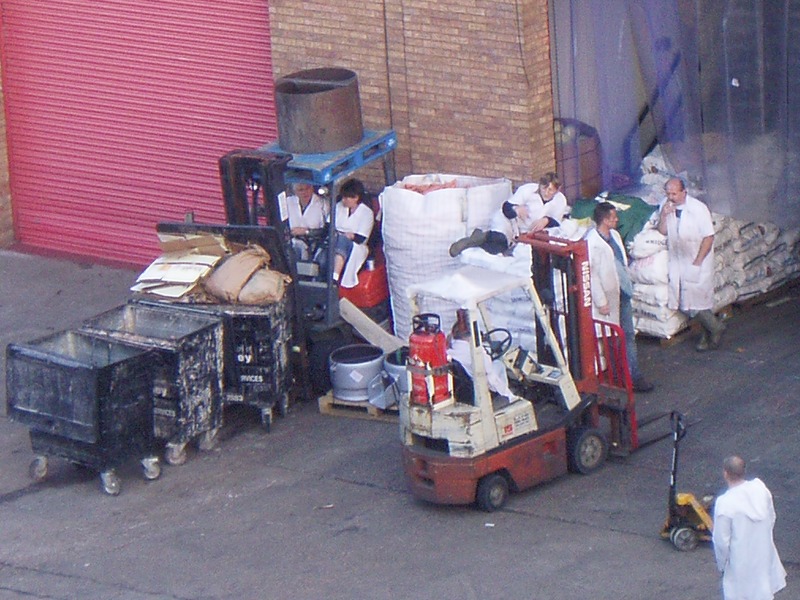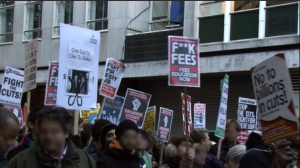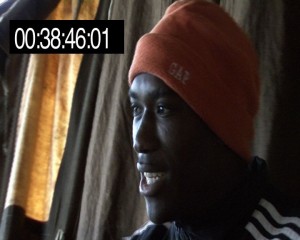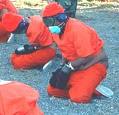A group of 40 businesses located near the Olympic Park are filing lawsuits against the London Organising Committee of the Olympic Games (LOCOG), on the grounds that the companies do not receive sufficient compensation when their businesses are devastated by the road closures or other relevant measures.
These companies fall outside the LOCOG’s compulsory purchase zone, ranging from transport business, cafes, garages to retailers, have committed a small amount of money to take legal action against LOCOG over the alleged lack of compensation plan and a perceived failure to provide relocation packages for the worst affected. Lawyers from John Halford and Paul Ridge will advise the group for a moot action against LOCOG.
LOCOG claimed Olympics has the capacity to transform one of the most underdeveloped areas of the country for generations to come. But businesses warned that having fewer customers is the only Olympic legacy they have.
Michael Spinks, manager of Essex Flour & Grain, complained the road closures would disrupt the revenue. He told the BBC: “Locog behaves like the playground bully. They don’t seem to care about the welfare of their neighbours. We are expected to fall in line and if we survive we survive, and if we don’t it is all for the greater good of the Olympics.”
Graham Phelps, manager of Phelps Transport said: “In rush hour we won’t be able to work at all. Where our drivers might usually leave at midday to get to a job in Birmingham they’re going to have to leave at 5am during the Olympics just to get there on time. We could lose between 50 and 60 per cent of our turnover.”
Traffic disruption dissuades customers purchasing from stores, as the manager of Pennywise Furniture wholesalers Kevin Farley voiced his concerns: “If there’s going to be police checkpoints, that will create a massive bottle-neck. I can see half of our customers staying away.”
The government’s plan to ‘regenerate’ the area will result in relocation, such moves may also pull away some loyal customers. From a community blog “Newham 2012“, a local pub owner faces an uncertain future due to radical changes within the community, he told the blogger that it was packed two years ago, but now there were only 3 other people in the pub.
The Federation of Small Businesses (FSB) said a study of nearly 1,700 small firms indicated that only 7% of them believe the 2012 Olympics will be of benefit to them. And 25% said they thought the events would have a negative impact.
In fact, LOCOG did expect some economic damages during the Olympics, the committee issued “Preparing your business for the Games” report, alerting entrepreneurs and businessmen prepare in advance to line up strategies minimizing potential loss. In the report, it has listed potential impacts on business and some coping strategies are also included. The impacts include:
- takes longer journey for staff
- internet services may be slower
- mobile networks may be slowed down
- travel disruption
- road disruption due to Olympic Route Network (ORN)
- disruptions to road network will affect deliveries across London
In this case, the bill for hosting London Olympics keeps rising, the economic impact is now going beyond what the Prime Minister David Cameron defended earlier for £9.3 billion. At this point, we can say the perceived “Olympics Effect” has almost vanished (the term refers to the fact that the West End predicts more than £17million being spent in major shopping districts or other economic benefits driven by tourism), some companies forecast the Olympics will flush in large amounts of income, pushing cafes and shops to rebrand themselves as “Olympic” in East London.
Click London Olympics for more blogs
See our Olympics project pages for more information and videos.
Or visit PlanA our general blog on urbanism, planning and architecture.
Spectacle homepage
Befriend Spectacle.Docs on Facebook
Follow SpectacleMedia on Twitter







